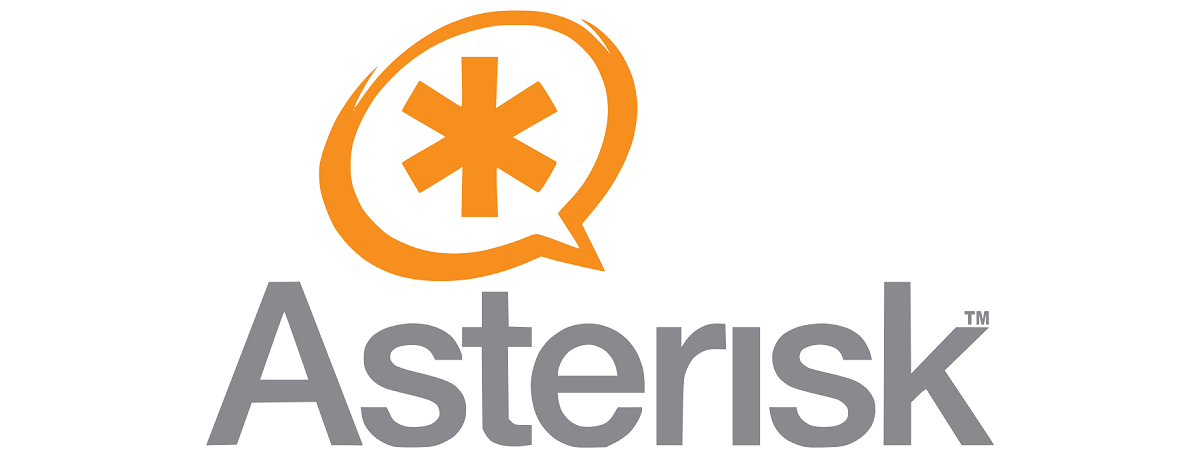
After a year of development, the launch of the new stable branch of the open communication platform Asterisk 19 was announced, which used to implement software PBX, voice communication systems, VoIP gateways, host IVR systems (voice menu), voicemail, conference calls and call centers and that its project source code is available under the GPLv2 license.
Perhaps the most interesting thing about Asterisk is that recognizes many VoIP protocols such as SIP, H.323, IAX and MGCP. Asterisk can interoperate with IP terminals acting as a registrar and as a gateway between the two. One of the strengths of the Asterisk software is that it allows the unification of technologies: VoIP, GSM and PSTN.
Asterisk 19 main news
In this new version of the platform debug log categories have been implemented, allowing you to customize the output of only the necessary debugging information. Currently, the following categories are offered: dtls, dtls_packet, ice, rtcp, rtcp_packet, rtp, rtp_packet, stun, and stun_packet.
It is also highlighted that a new "simple" record formatting mode has been added, when the file name, the function, and the line with a number are displayed in the registry without unnecessary control characters (not highlighted). It is also possible to define your own log levels and change the display format of dates and times in the log.
On the other hand, it stands out that added the ability to specify codecs, call files and control actions in the app_originate module for calls initiated from dialplan scripts.
In the module app_voicemail, the ability to send a greeting and instructions has been added to use voicemail and create a channel only after the time to record an incoming message.
In addition, it is also noted that the astcachedir configuration has been added to change the location of the cache on the disk. By default, the cache is now in a separate / var / cache / asterisk directory instead of the / tmp directory.
app_confbridge now has the ability to force the estimated bitrate on an SFU. To use it, you must set the remb_behavior behavior of a bridge profile to "force" and set remb_estimated_bitrate to a rate in bits per second. The remb_estimated_bitrate parameter is ignored if remb_behavior is anything other than "force".
Another change to app_confbridge is that it now offers a user option to avoid responding to monitoring if the channel has not been
still answered.
Of the other changes that stand out:
- In AMI (Asterisk Manager Interface) the ability to attach handlers for events associated with the arrival of a tone (DTMF) “flash” (short-term channel interruption) was added.
- The Originate command has the ability to set variables for a new channel.
- SendMF team and PlayMF manager added support for sending arbitrary R1 (multi-frequency) MF tones on all channels.
- The MessageSend command provides the ability to specify the "Destination" and "To" addresses separately.
- Added the ConfKick command, which allows you to disconnect a certain channel, all users or users without administrator rights from the conference.
- Added Reload command to reload modules.
- Added WaitForCondition command to pause call processing script (dial plan) execution until certain conditions are met.
- The "A" option has been added to the app_dial module, which allows a sound to be played during a call for both the caller and the called subscriber.
- Added the app_dtmfstore module, which stores the dial tone digits dialed in a variable.
- The app_morsecode module provides support for American Morse code and provides a setting to change the pause interval.
Finally if you want to know more about it about this new version, you can check the details In the following link.
As for the packages of this new version, you can find them In the following link.